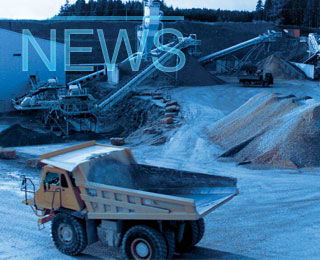With inadequate and expensive energy already hurting industrialists, Hima Cement has resorted to growing coffee in the Rwenzori region from which it can get husks to heat its kilns machines.
Mr David Njoroge, the Hima Cement general manager, said the factory resorted to bio-fuels to heat the kilns after realising it is 10 times cheaper than imported fuel and electricity, which is often unreliable.
The cement manufacturer is injecting UGX2bn (US$796.1m) as it looks to target about 45,000 smallholder farmers with over 14m Robusta coffee seedlings that will be distributed to replace the over 50 year-old coffee trees whose yields have declined over the years.
“We embarked on this project 10 years ago. We are using any combustible bio-fuel, be it cocoa nut husks or coffee husks.”
“We want to reduce our carbon footprint. For two years in a row, Lafarge (Hima cement’s parent company) has been ranked among the top 10 of the 500 companies evaluated by the carbon disclosure project in recognition of their strategy and actions against global warming because of this factory,” said Mr Njoroge.
It is expected that each new coffee tree will yield between 4-5kg per harvest compared to the old ones, which were planted by the colonialists more than 50 years ago.
The development means the debate on use of renewable energy sources is here with environmentalists arguing that the trend could be dangerous as more farmers will be tempted to open up more land for the bio-fuel crops at the expense of soil fertility and food security.
Last year, the Hima Cement built a new plant with the capacity to produce 5000tpa of cement, increasing the production capacity from 3050-8050tpa.
Mr Njoroge said the factory tried to apply for a carbon trade licence but has been rejected because it is already using bio-fuel for production.

Indonesia cement demand continues to contract
Cement sales in Indonesia amounted to 3.842Mt in March 2025, a drop of 21.6 per cent YoY compare...